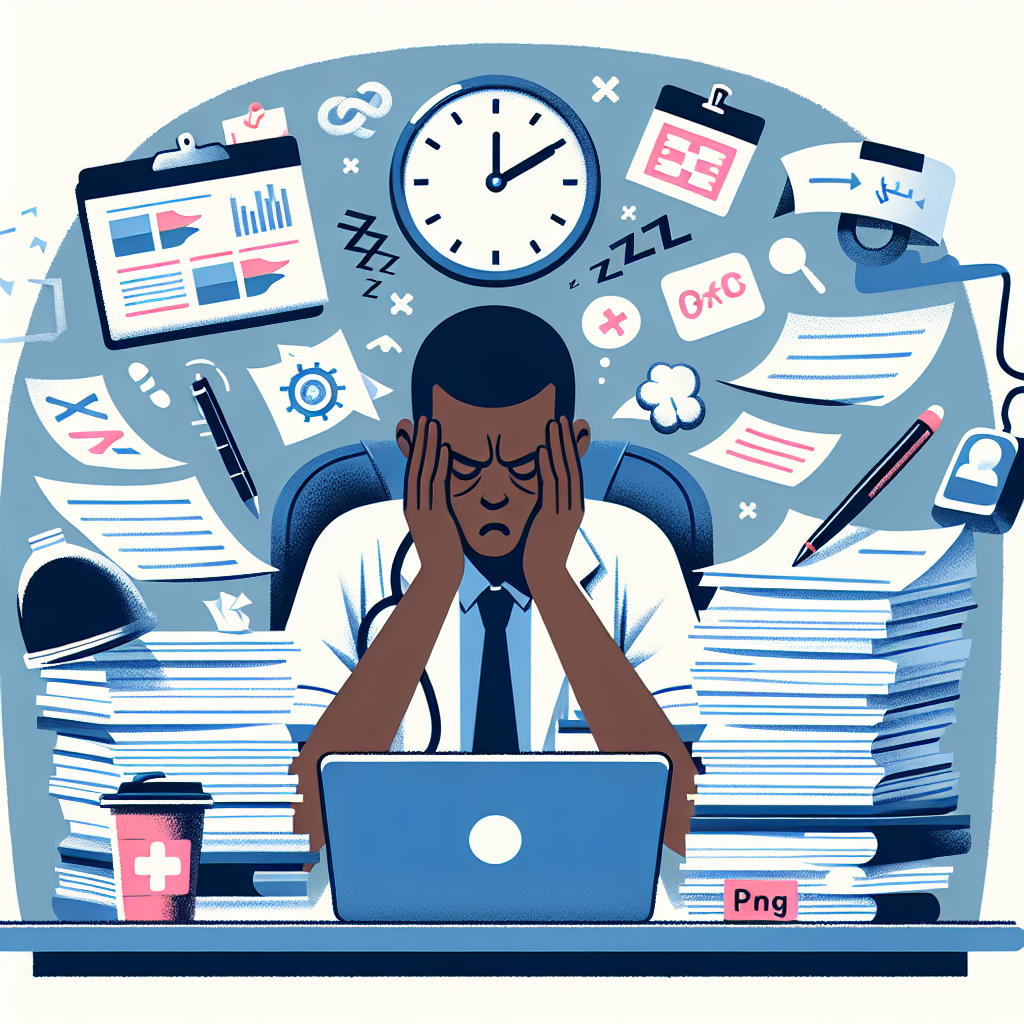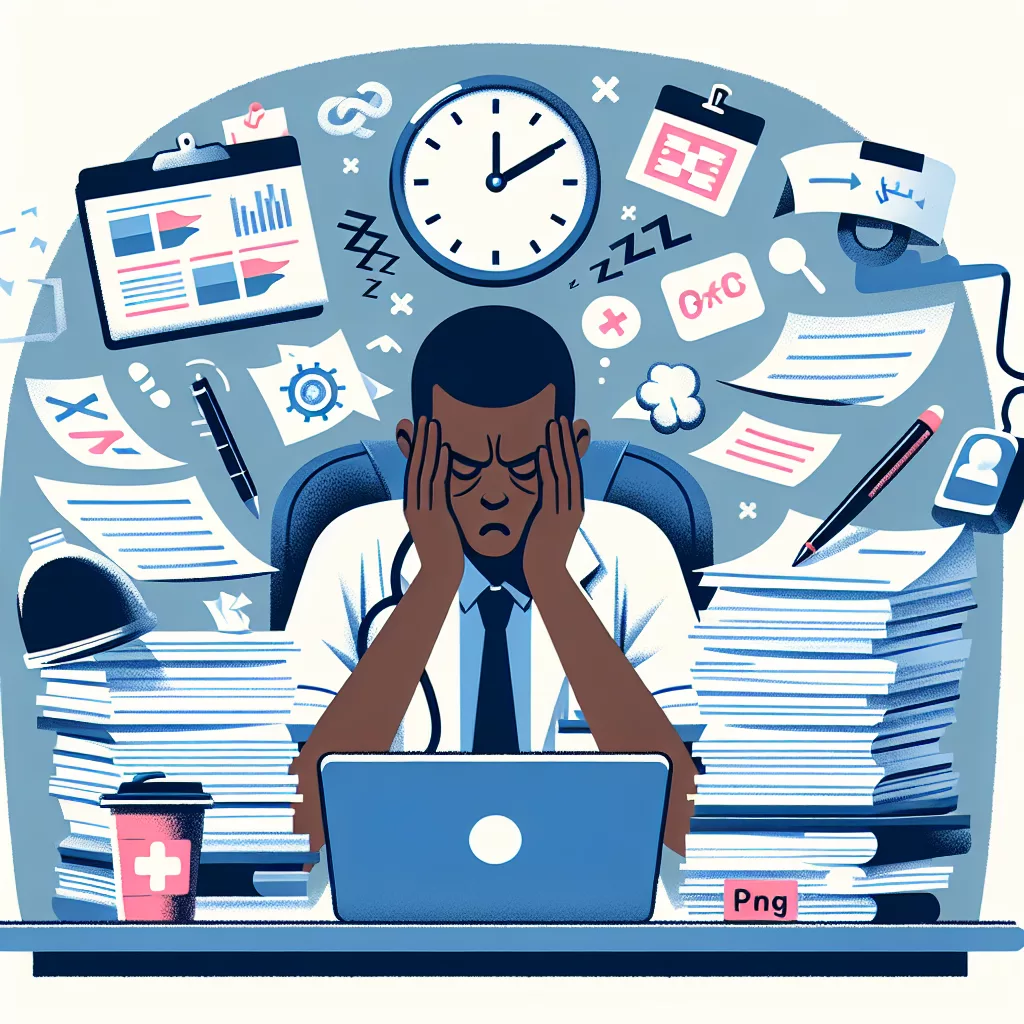The risk rate of burnout for Clinical Research Coordinators is high, driven by workload intensity, regulatory pressures, and the need for meticulous attention to detail.

- High workload due to complex study protocols.
- Pressure from tight deadlines and timelines.
- Frequent interaction with stressed patients.
- Limited resources and support staff.
- Need for meticulous attention to detail.
- Compliance with strict regulatory requirements.
- Emotional toll from dealing with adverse events.
Statistical analysis of career burnout among Clinical Research Coordinators indicates a severity level of Moderate.
Reasons Clinical Research Coordinators burnout
According to the science to date there are key reasons people burnout at work. Here’s our top reasons why Clinical Research Coordinator in the Healthcare category has a burnout risk of Moderate:
You might experience burnout in the Clinical Research Coordinator role for several reasons. One major contributor is the high workload. Coordinators often juggle numerous ongoing clinical trials, each with a myriad of tasks such as data management, participant coordination, and reporting. The constant demand can lead to prolonged stress.
Regulatory pressures also play a significant role. You must adhere to strict regulatory standards and guidelines, which are constantly evolving. Staying compliant and ensuring that all aspects of a trial align with these regulations requires relentless attention to detail, adding to your stress levels.
The emotional toll is another factor. You often work directly with patients who may be dealing with serious health conditions. The emotional weight of seeing patients suffer, combined with the responsibility of ensuring their safety during trials, can be overwhelming.
Moreover, the monotony of repetitive tasks can contribute to burnout. Repeatedly handling similar administrative duties can lead to disengagement and a lack of motivation. You might feel you’re not utilizing your full potential, which can be frustrating.
Lack of career progression is also something to consider. In some institutions, the path for advancement in this role is not clearly defined, which might lead to feelings of stagnation and dissatisfaction over time.
Finally, the role often involves long, irregular hours. Balancing work-life responsibilities can become challenging when faced with tight deadlines and the need for constant availability.
Burnout rate data for Clinical Research Coordinator/Healthcare
Burnout among Clinical Research Coordinators (CRCs) in healthcare is an emerging area of concern, with studies highlighting their unique stressors. The role of a CRC involves managing clinical trials, which can be demanding due to tight deadlines, regulatory pressures, and the necessity to ensure patient safety. These factors contribute to burnout, which can lead to reduced job satisfaction and increased turnover rates.
While specific data on CRCs is limited, burnout in healthcare is better documented. A 2019 study in the Journal of General Internal Medicine found significant rates of burnout among healthcare professionals. Another study from the National Academy of Medicine highlighted workplace factors leading to burnout. For further insights, check the National Academy of Medicine (https://nam.edu/initiatives/clinician-resilience-and-well-being/) and the Journal of General Internal Medicine (https://link.springer.com/journal/11606).
Do you have experience of Burnout as a Clinical Research Coordinator or in Healthcare?
Share your story about Clinical Research Coordinator burnout on our share your story page.
Burnout in Healthcare
Career Burnout Rates > Burnout in Healthcare > Clinical Research Coordinator Burnout


